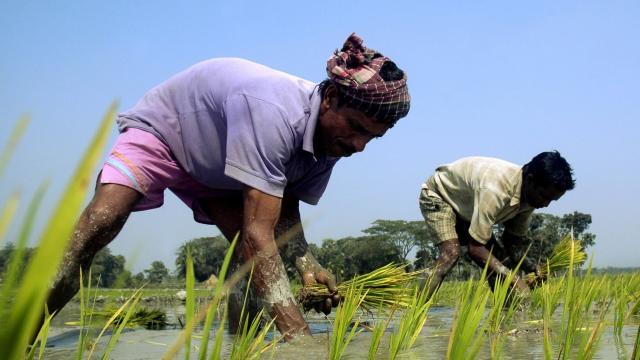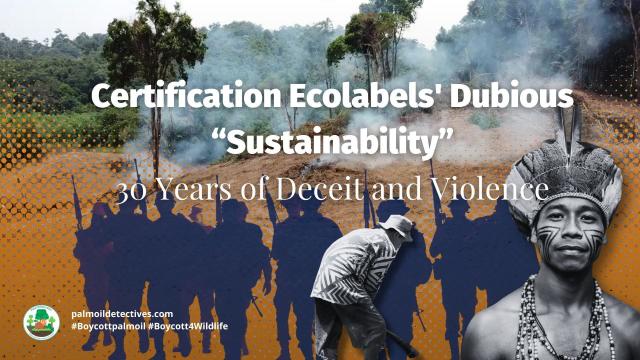Search
Items tagged with: corruption
Only 3% of international climate aid going to transitioning communities, says NGO report
New report on funding to slash carbon emissions finds startlingly low engagement with the people affectedDharna Noor (The Guardian)
Transparency International: Corruption of Indonesian Palm Oil
According to a May 2023 report by Transparency International, the top 50 palm oil companies in Indonesia are beset by deep problems: a lack of transparency in company ownership and who are the ulti…Palm Oil Detectives
Air Pollution from Palm Oil: A Human Rights Issue
Forest-fire haze from Indonesian palm oil deforestation is a crisis! Learn how toxic air pollution is a human rights issue affecting all of Southeast AsiaPalm Oil Detectives
RSPO’s Dubious “Sustainability”: 30 Years of Deceit
Ecolabels like RSPO and FSC are involved in networks of extensive greenwashing. They exist to conceal corporations’ environmental damage rather than fighting it. With three decades dubious pr…Palm Oil Detectives
#News: In #Indonesia, hashtags have become weapons to wield against #humanrights and #environmental activists who face government censorship and criminalisation. Fight #corruption @palmoildetect.bsky.social #WorkersRights 360info.org/hashtags-hurt-hash…
360info.org/hashtags-hurt-hash…

Hashtags hurt, hashtags heal too - 360
The arrests of activists, the influence of algorithms, and the surge of public frustration are revealing how social media is actively fueling Indonesia’s ongoing democratic reckoning.ria.ernunsari@360info.org (360)
Someone Needs To Do a 'Follow The Money':
Or Follow The Property Ownership.... A lot of the people having their Visas and Permanent Resident Status revoked on the "Whims" of the Current Administration are actually property owners . They own Homes, businesses etc. in many cases as do their family members.
I have a NASTY suspicion that they are being targeted because someone or some developer is picking up their property for a song, in some states a quick grab for unpaid real estate taxes can mean they lose the property if they are not here to pay it. Property is changing hands in major cities out of this and the surrounding suburbs because of the events.... who Benefits is key. I think Trump's allies and sons could easily be the ones buying up real estate this way...
Unfortunately I don't know any working Journalists any more to put this suggestion to....
#FollowTheMoney #CurrentEvents #Trump #Corruption #ExplusionForRealEstate #SchemesOfRepublicans
palmoildetectives.com/2023/02/…
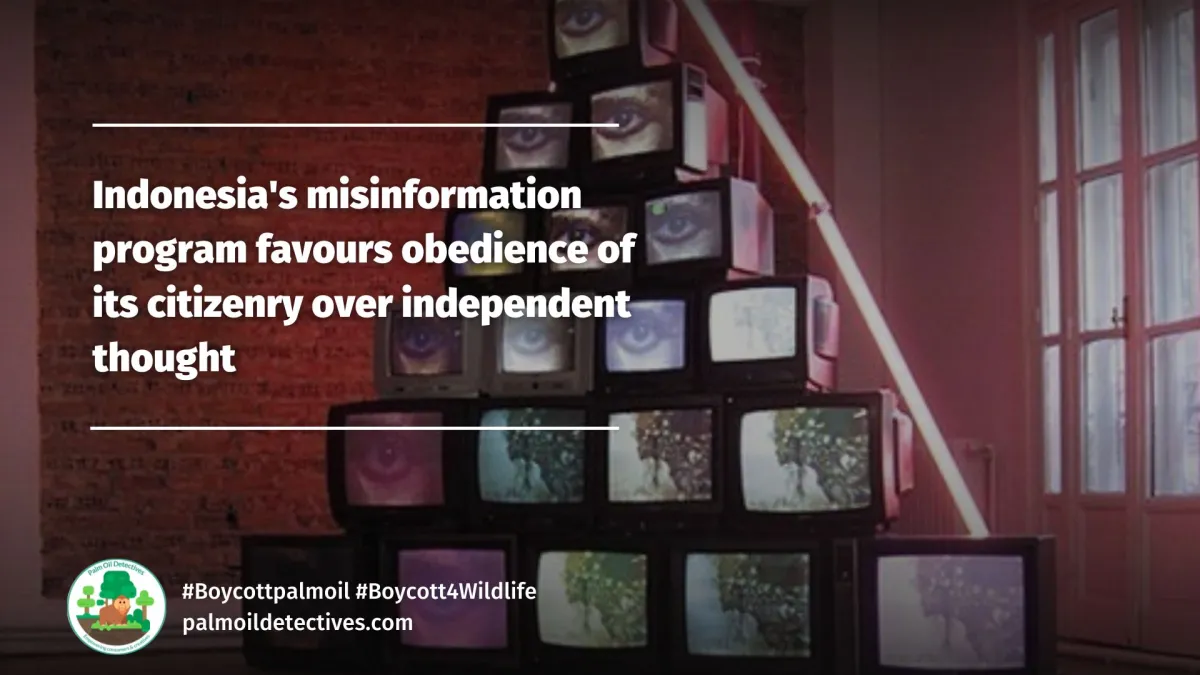
Indonesia’s government misinformation favours obedient citizens over independent thought
Like many countries, Indonesia’s online space is polluted by fake news, misinformation, and disinformation. As the country’s digital economy continues to grow, the government is focusing on cleanin…Palm Oil Detectives
Republicans Rewrite Infrastructure Broadband Grant Program To Give Elon Musk Billions & Delay Deployments For Years
More Grift Money To Musk Destroys the National Broadband Future
#TechDirt #Corruption #Grift #Musk #InfrastructureBroadbandGrants #SoDoomed #MuskStealsBillions
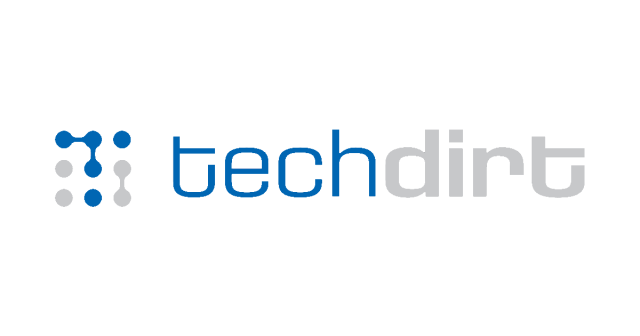
Republicans Rewrite Infrastructure Broadband Grant Program To Give Elon Musk Billions, Potentially Delaying Deployments By Years
So you might recall that Republicans recently have been making a gigantic stink about how the $42.5 billion in broadband grants included in the infrastructure bill hadn’t actually connected a…Techdirt
Judges charged in Indonesian bribery scandal after clearing palm oil giants of corruption news.mongabay.com/2025/04/judg…
#Indonesia #environment #corruption #PalmOil #PermataHijau #Wilmar #MusimMas
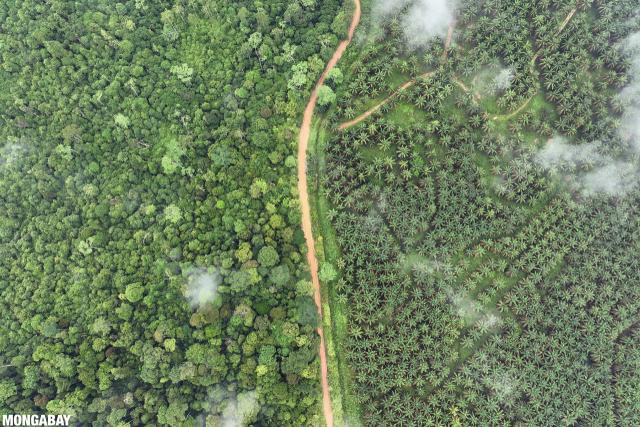
Judges charged in Indonesian bribery scandal after clearing palm oil giants of corruption
JAKARTA — Prosecutors in Indonesia have charged four judges and two lawyers accused of bribery in a recently concluded trial involving palm oil giants Permata Hijau, Wilmar and Musim Mas.Hans Nicholas Jong (Conservation news)
#coup #corruption democracynow.org/2025/3/14/nan…

If Successful, I Would Call It a Coup: A Retired Judge’s Warning About Elon Musk’s Abuse of Power
A pair of federal judges have ordered the Trump administration to reinstate thousands of fired federal workers at the departments of Veterans Affairs, Agriculture, Defense, Energy, Interior and Treasury.Democracy Now!
Scientific American delivers a scathing article about the theologists holding the majority in the US Supreme Court. It’s so good, and so tightly written, that it’s difficult to pull an excerpt without wanting to also include the lead in and follow up. I’ll tempt you with some opening paragraphs, but the article is brilliant and deserves to be read.
“In five instances, Justice Neil Gorsuch’s opinion confused nitrogen oxide, a pollutant that contributes to ozone formation, with nitrous oxide, better known as laughing gas.
You can’t make this stuff up. This repeated mistake in the 5–4 decision exemplifies a high court not just indifferent to facts but contemptuous of them.”
scientificamerican.com/article…
#supremecourt #ScientificAmerican #corruption #failingempire

The Supreme Court’s Contempt for Facts Is a Betrayal of Justice
The Supreme Court majority’s recent decisions about homelessness, public health and regulatory power, among others, undermine the role of evidence, expertise and honesty in American democracyScientific American
The Republican attack on higher ed pretends to be ideological. But follow the money: it's just grift.
They see a giant pot of taxpayer dollars and have figured out how to take it for themselves and their friends while driving students into debt and diverting resources from the people who actually do the work that makes universities what they're supposed to be.
alligator.org/article/2024/08/…

Sasse’s spending spree: Former UF president channeled millions to GOP allies, secretive contracts
In his 17-month stint as UF president, Ben Sasse more than tripled his office’s spending, directing millions in university funds into secretive consulting contracts and high-paying positions for his GOP allies.Garrett Shanley (The Independent Florida Alligator)
#TheAirWeShare #Boycottpalmoil #Boycott4Wildlife @palmoildetectives
palmoildetectives.com/2024/03/…
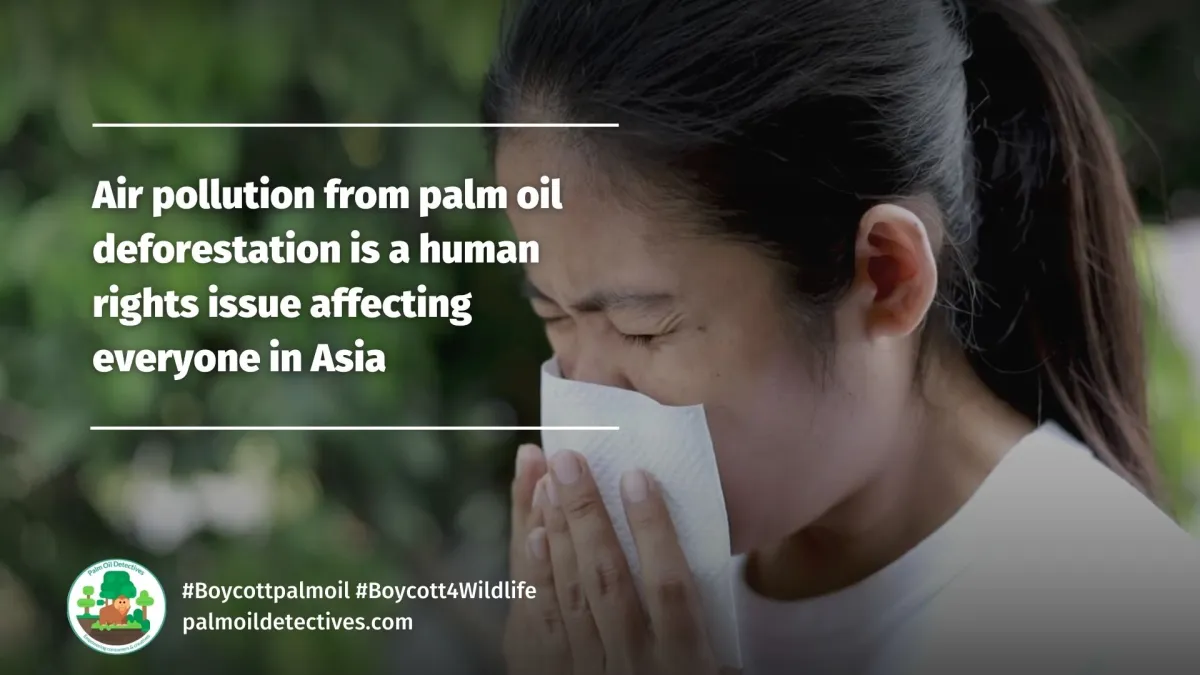
Air pollution from palm oil deforestation is a human rights issue affecting everyone in Asia
Forest-fire haze drifting from Indonesia to neighbouring countries every dry season has eluded efforts to curb it. Land clearing by burning is prohibited in Indonesia and Malaysia. However, penalis…Palm Oil Detectives
Latest cartoon on the right's plans to destroy the "administrative state" and replace government workers with cronies under the next Republican president
#authoritarianism #climatechange #climatecrisis #corruption #cartoon #uspol
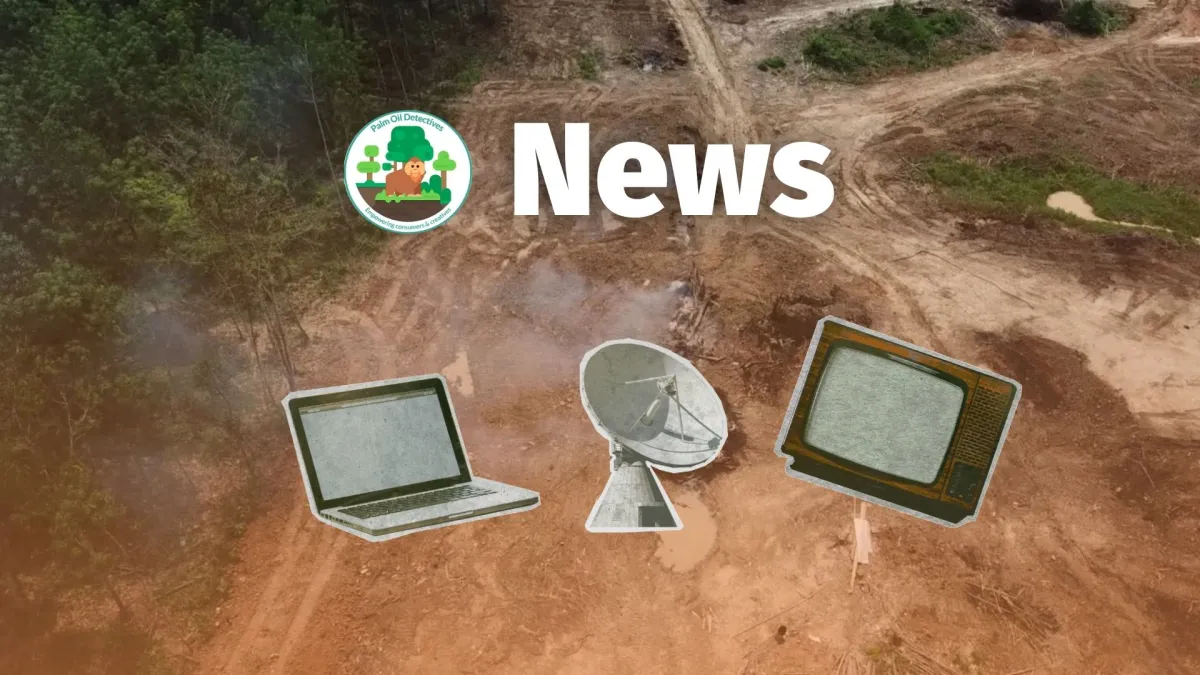
News
Want to hear the latest on palm oil deforestation and corruption? Subscribe for regular news updates from Palm Oil Detectives that help you to resist and #fightgreenwashing. Remember to #Boycottpal…Palm Oil Detectives
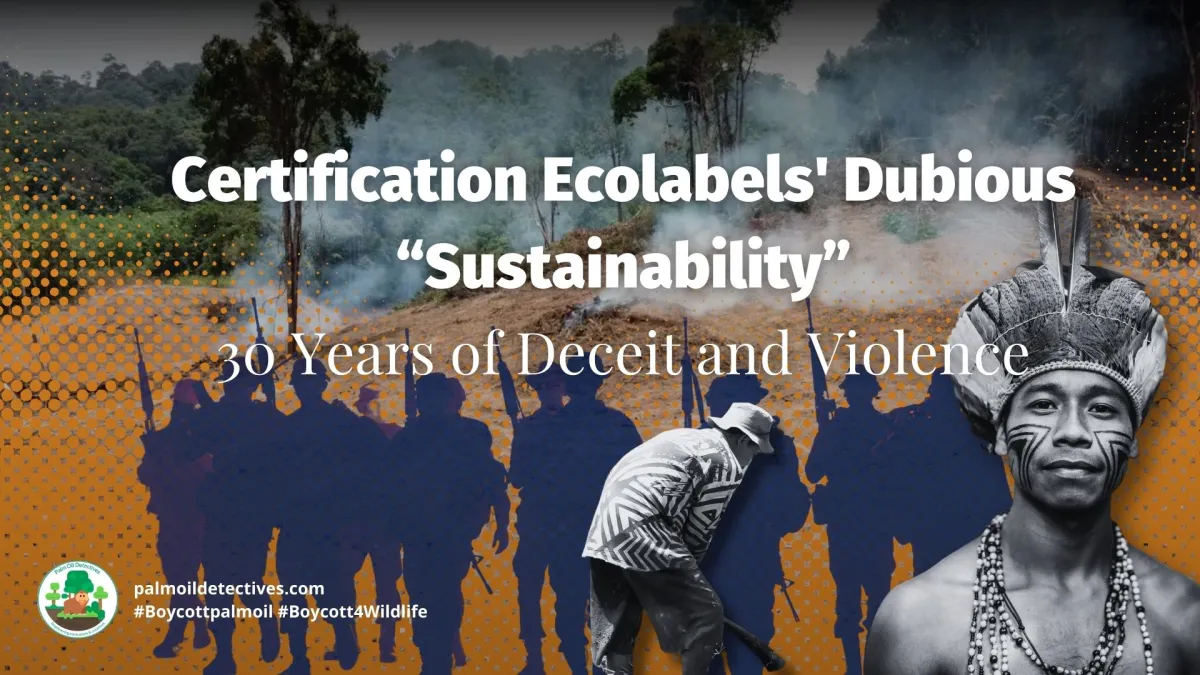
Certification Ecolabels’ Dubious “Sustainability”: 30 Years of Deceit and Violence
Ecolabels like RSPO and FSC are involved in networks of extensive greenwashing. They exist to conceal corporations’ environmental damage rather than fighting it. With three decades dubious pr…Palm Oil Detectives
palmoildetectives.com/2023/05/…
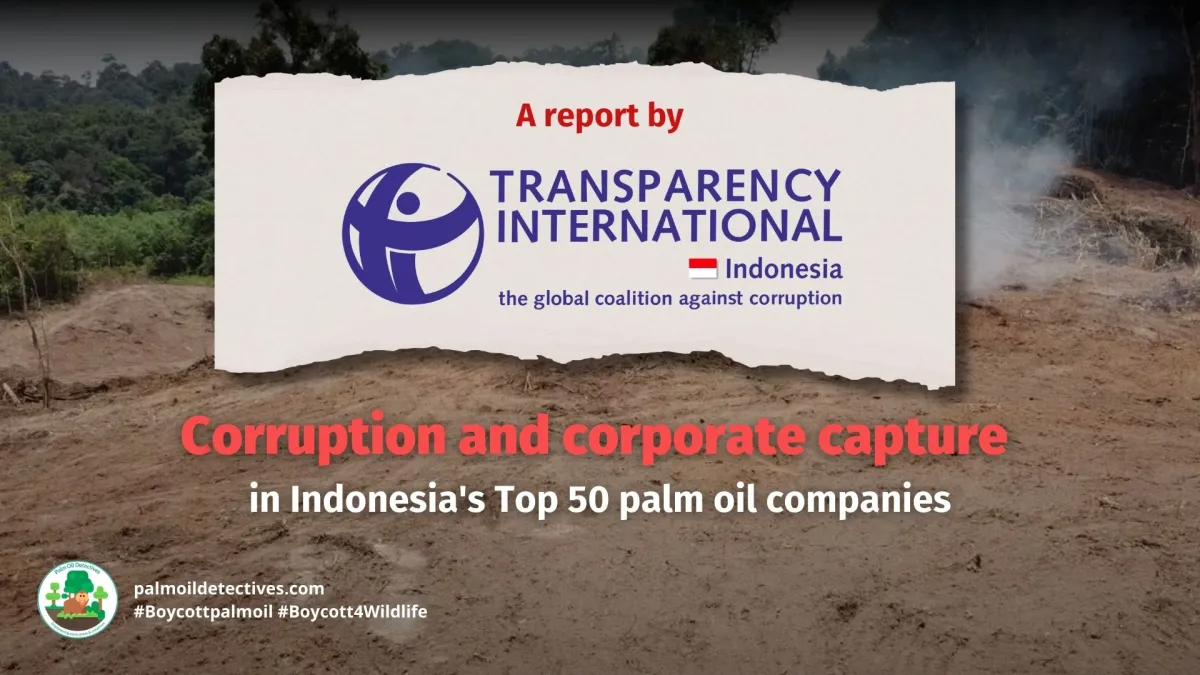
Transparency International report: corruption and corporate capture in Indonesia’s Top 50 palm oil companies
According to a May 2023 report by Transparency International, the top 50 palm oil companies in Indonesia are beset by deep problems: a lack of transparency in company ownership and who are the ulti…Palm Oil Detectives
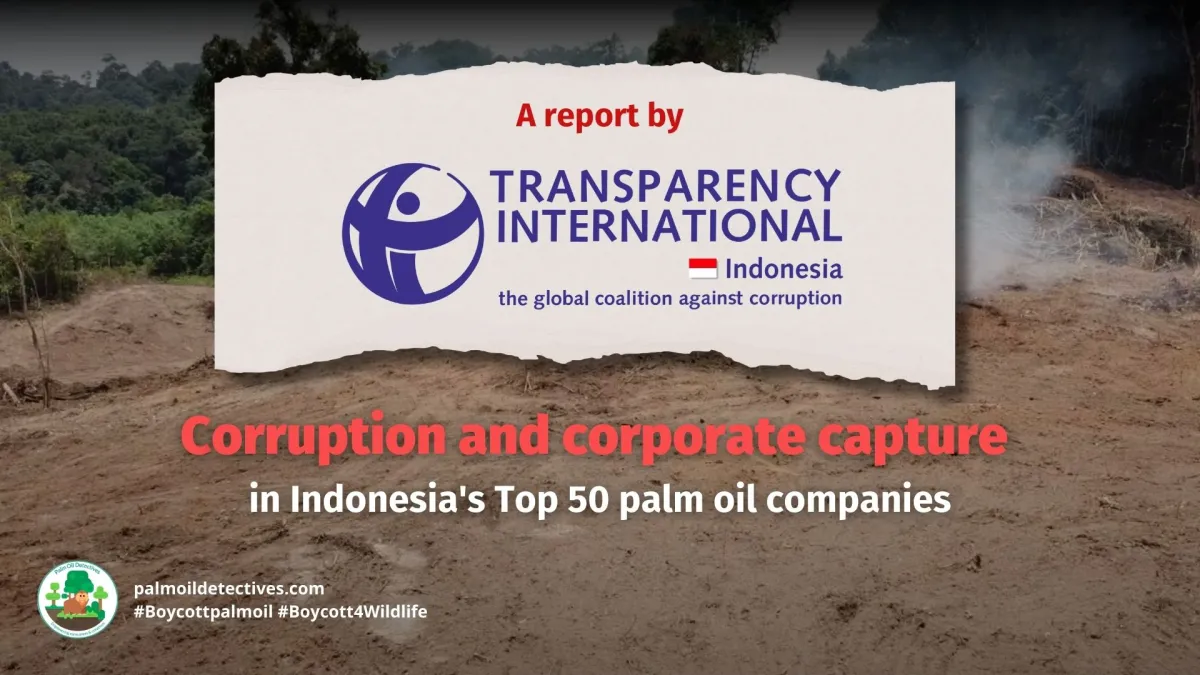
Transparency International report: corruption and corporate capture in Indonesia’s Top 50 palm oil companies
According to a May 2023 report by Transparency International, the top 50 palm oil companies in Indonesia are beset by deep problems: a lack of transparency in company ownership and who are the ulti…Palm Oil Detectives

